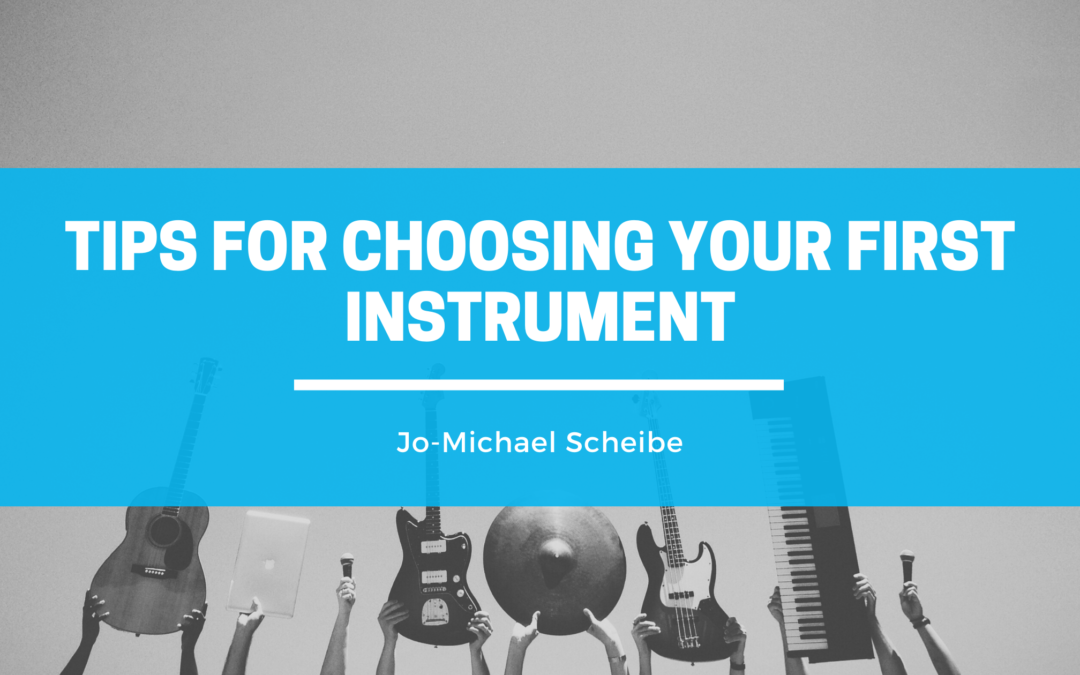Music is a wonderful thing that has the power to bring people together and make us feel emotions we might not feel very often. While listening to music is great in its own right, creating music yourself can be an even more magical experience. The great part? Anyone can make music. Even if you know nothing about making music, it’s possible for you to pick up an instrument and start learning, regardless of your age or skill level. One of the most difficult parts of this process is actually picking your first instrument. There are so many different instruments out there, so which is best for you? Here are some tips for picking your first instrument.
What’s Your Favorite Type Of Music?
An easy way to go about figuring out the instrument that’s right for you is by thinking about what your favorite type of music is. Everyone likes different music and there are so many varieties out there so this can be a good starting point. Do you like loud, heavy metal? You might want to look into playing the drums or an electric guitar. What about acoustic music? An acoustic guitar or a violin might be best. Of course, you’re not limited to these styles of music once you have your instrument, but it can give you an idea of what route to go instrument wise.
What’s Your Budget?
Of course if you want to start learning an instrument, you need to acquire one first. If you’re lucky, you may be able to borrow one from a friend or family member. If you’re not, you’ll have to start thinking about how much you’re willing to spend on getting one. Instruments usually come in a variety of price points. For example, you can get a low end drum set for around $300, but if you want to get the best of the best you’ll have to spend several thousand dollars. Piano’s are in a similar field – you can usually get a decent keyboard for two or three hundred dollars but if you’re trying to get a real piano, it may cost you a pretty penny.
Think About Your Practice Space
One of the most important things to think about is the space you’ll have to practice your instrument. Depending on the instrument, you may need a larger (and likely sound proof) place to practice. If you live on a farm, you can likely wail on your drum set all day with no complaints other than perhaps from the people you live with. If you live in a small apartment building in the middle of the city, you likely won’t even be able to fit that drum set let alone contain it’s sound.

